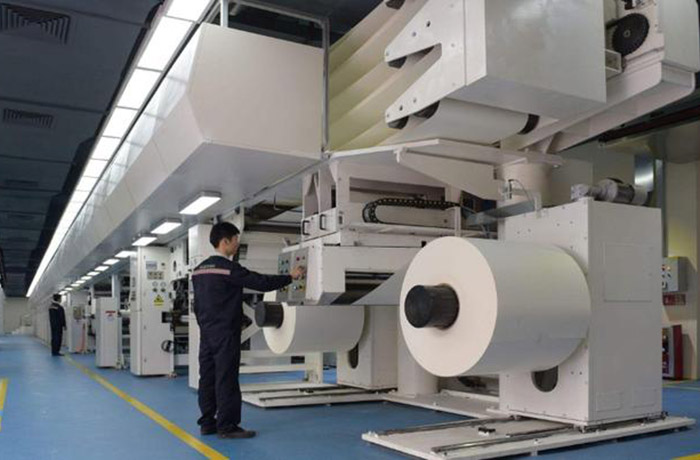Artificial intelligence is disrupting India's technology outsourcing industry and may lead to a significant reduction in job

According to a recent report by The Wall Street Journal, artificial intelligence (AI) is disrupting India's technology outsourcing industry and may lead to a significant loss of jobs. According to data from the Indian Software and Services Industry Association, the technology outsourcing industry in India added only 60000 new jobs in the past year ending in March, marking the lowest annual growth rate in over a decade. The total number of employees in India's three major technology companies (Tata Consultancy Services, Infosys, and Wipro) decreased by over 60000 during the same period.
According to reports, the technology outsourcing industry in India currently has 5.4 million employees and a business scale of 250 billion US dollars, accounting for approximately 8% of the Indian economy. HSBC stated that over 80% of companies in the S&P 500 index have outsourced some of their business to India. Therefore, while AI affects technology outsourcing business, it also affects the Indian economy.
AI may exacerbate the trend of decreasing labor intensity in the technology outsourcing industry. According to the report, about 10 years ago, companies needed 27 employees to achieve an annual revenue of $1 million, but now they only need 21 employees. In the past, companies usually charged clients based on the number of employees involved in the project, but now the fees are mostly linked only to the delivery results. The global demand for manpower will decrease, and the proportion of India in this downward trend is not yet clear, but I am a bit pessimistic, "said Daniel Lee, a professor at the MIT Sloan School of Management. But many Indian industry executives are optimistic that AI will eliminate some old businesses while also creating new ones.
The Indian technology outsourcing industry attributes the current slowdown to excessive recruitment during the pandemic, rather than artificial intelligence and automation. During the epidemic, the industry added 450000 new jobs within a year. Nevertheless, "future positions will require higher levels of critical thinking, design, strategic goal setting, and creative problem-solving skills," said Halik, Chief Technology Officer of Tata Consultancy Services
For such technology outsourcing enterprises, improving skills has always been the main issue, as they pursue processes and products that can bring higher profits. Industry leaders are realizing that low-end outsourcing businesses like call centers are inevitably doomed to decline, even if this process may take longer than expected.
The challenge for India's technology outsourcing industry lies in the country's significant shortage of digital talent. It is estimated that less than 20% of India's 1.5 million engineering students enter the industry. The Indian Software and Services Industry Association predicts that the supply and demand gap for digital talent will widen from 25% in 2023 to 28% -29% in 2028.
The association stated that the Indian technology industry needs to retrain more than half of its existing employees to meet the demand for AI and other advanced skills in the next 2-3 years. Large companies have started providing AI training to their employees. For example, Tata Consultancy Services has launched an internal AI training program to meet the needs of over 200 ongoing AI projects. Infosys and Wipro have also invested in large-scale AI training programs.
















